Trump plans early China visit to mend Relations with Xi Jinping
- Update Time : Tuesday, January 21, 2025
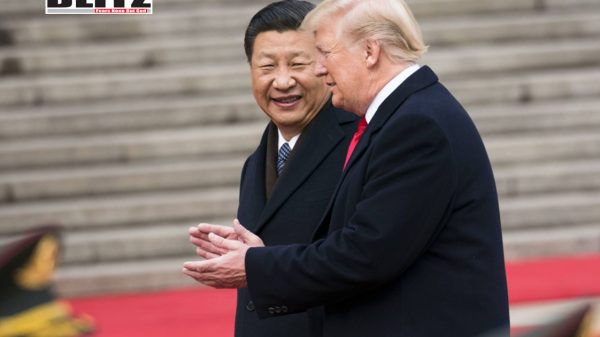
In a significant move to reshape US-China relations, President-elect Donald Trump is reportedly considering a visit to China within his first 100 days in office, according to sources cited by the Wall Street Journal. The potential trip underscores Trump’s interest in improving ties with Chinese President Xi Jinping, despite his campaign rhetoric that threatened to impose harsh trade tariffs on Beijing. However, no final decision has been made regarding the visit, leaving room for speculation about the administration’s initial approach to foreign policy.
The proposed visit comes at a time of heightened geopolitical tensions between the two nations. Central to these tensions is the stand-off over Taiwan, the self-governed island that Beijing considers a breakaway province, and Trump’s campaign promise to slap a 60% tariff on Chinese imports. In a recent phone call on January 17, Trump and Xi discussed a range of contentious issues, including trade, Taiwan, and the US government’s impending ban on the Chinese-owned social media platform TikTok. However, it remains unclear whether Trump explicitly mentioned his plans for a China visit during the call. According to the Wall Street Journal, aides on both sides are now tasked with discussing the potential meeting.
If the trip materializes, it would mark an early pivot in Trump’s foreign policy agenda, signaling a desire to stabilize relations with China. The move contrasts with his first term in office, during which relations between Washington and Beijing deteriorated sharply. Notably, Trump’s 2017 visit to Beijing occurred more than nine months after he assumed office, following a period of escalating trade disputes and mutual recriminations.
During his first term, Trump’s administration levied tariffs on billions of dollars’ worth of Chinese goods, triggering a protracted trade war. The US also labeled China a “currency manipulator” and imposed strict sanctions on Chinese tech giants like Huawei and ZTE, citing national security risks. These measures strained bilateral relations and reshaped global trade dynamics.
Trump’s proposed 60% tariff on Chinese imports-a central plank of his election campaign-has drawn criticism from economists and international trade experts. Critics warn that such steep tariffs would likely result in higher costs for American consumers and businesses. Chinese Vice Commerce Minister Wang Shouwen has cautioned that the restrictions could backfire on the US economy while asserting that China is well-prepared to withstand the impact of “external shocks.”
Despite these tensions, Trump’s early overture to China suggests a recognition of the importance of stabilizing the bilateral relationship. The two countries collectively account for a significant portion of global economic activity, and prolonged discord could have far-reaching consequences.
Beyond trade, Trump’s prospective visit to China reflects broader geopolitical calculations. The US and China remain at odds on several critical issues, including human rights, cybersecurity, and territorial disputes in the South China Sea. Trump’s outreach could signal a willingness to engage in dialogue on these contentious topics, potentially laying the groundwork for future cooperation or, at the very least, managed competition.
However, any rapprochement will likely face significant obstacles. Trump’s hardline stance on Taiwan has already provoked strong reactions from Beijing, which views US support for the island as an affront to its sovereignty. Additionally, Washington’s restrictions on Chinese technology firms and its allegations of espionage and intellectual property theft remain sticking points.
While Trump’s interest in a China visit is notable, domestic challenges could divert his attention. The president-elect faces pressing issues at home, including the ongoing border crisis and devastating wildfires in California. Addressing these challenges will be critical to establishing his administration’s credibility and maintaining public support.
In addition to China, Trump has reportedly expressed interest in visiting India, highlighting his intent to strengthen ties with key Asian partners. India, like China, represents a major geopolitical player and a crucial market for US businesses. However, it remains unclear whether Trump’s early foreign policy agenda will prioritize such trips or focus primarily on domestic concerns.
Trump’s first term offers valuable insights into the challenges and opportunities of US-China relations. His administration’s confrontational approach-characterized by tariffs, sanctions, and public criticism of Beijing-yielded mixed results. While it succeeded in drawing attention to longstanding trade imbalances and intellectual property concerns, it also disrupted global supply chains and strained relationships with allies.
A more measured approach in his second term could help Trump navigate these complexities. By engaging with Xi Jinping early in his presidency, Trump has an opportunity to reset the tone of bilateral relations and address mutual concerns. However, achieving meaningful progress will require balancing assertiveness with diplomacy and avoiding the pitfalls of unilateral action.
As Trump prepares to assume office, his potential visit to China underscores the importance of US-China relations in shaping global stability and prosperity. The stakes are high: successful engagement could pave the way for improved cooperation on trade, climate change, and regional security, while failure could exacerbate existing tensions and deepen divisions.
Ultimately, Trump’s approach to China will serve as a litmus test for his broader foreign policy agenda. By demonstrating a willingness to engage with Beijing while addressing domestic priorities, the president-elect could chart a path toward a more balanced and effective leadership style. However, the road ahead will be fraught with challenges, requiring careful navigation of complex geopolitical dynamics and competing interests.
For now, the world watches and waits as Trump’s plans take shape, with the potential China visit serving as a pivotal moment in the evolving US-China relationship. Whether it marks the beginning of a new chapter or a continuation of past discord remains to be seen.



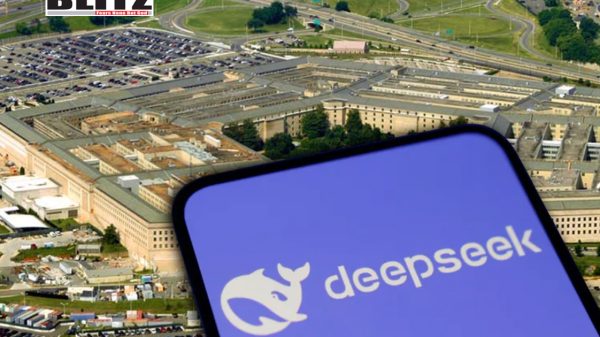

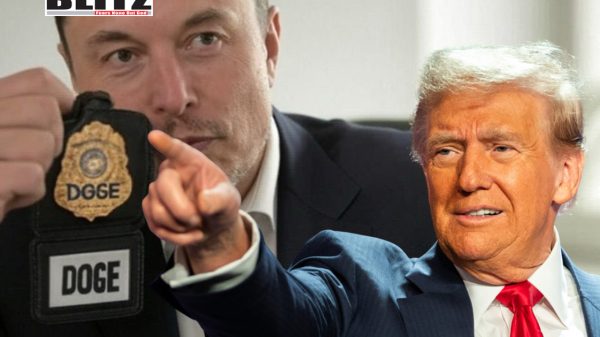



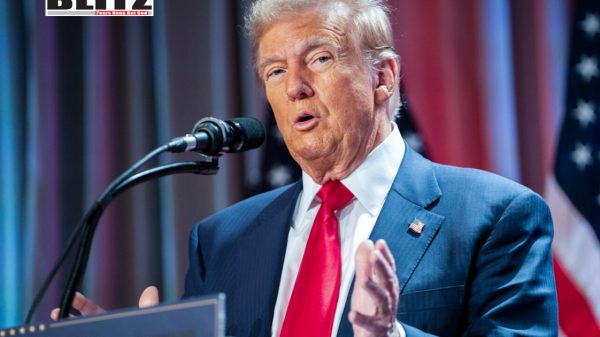
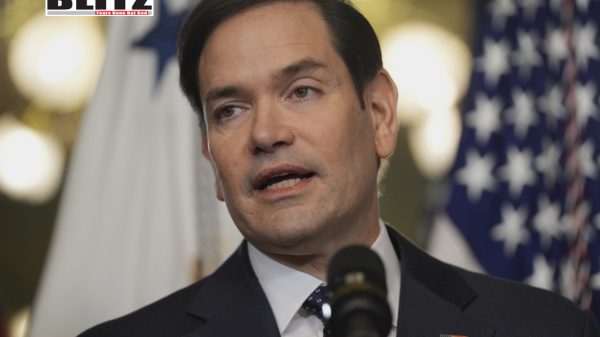
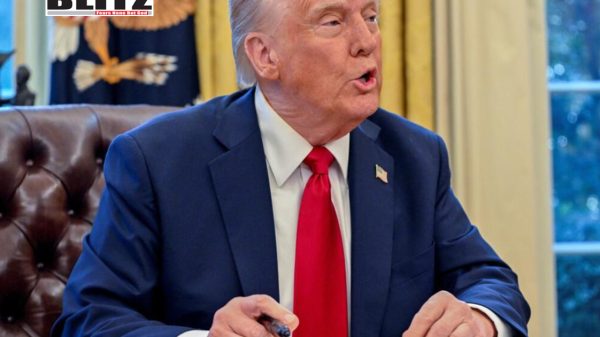

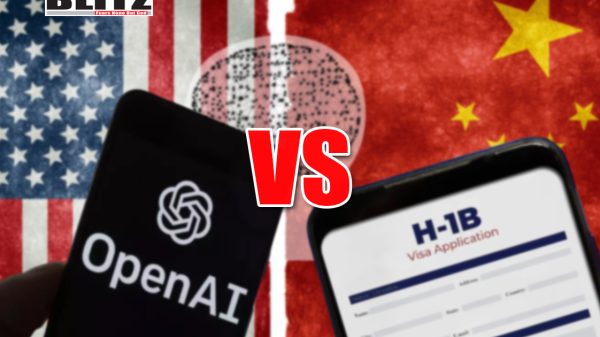
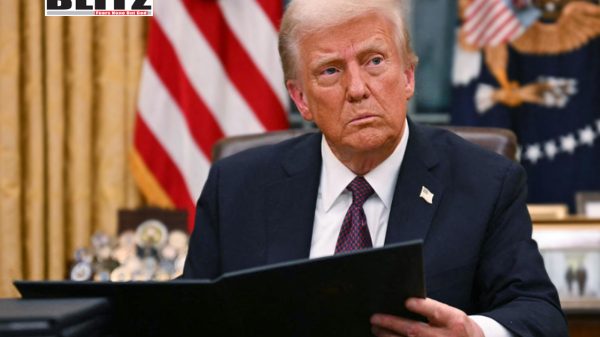
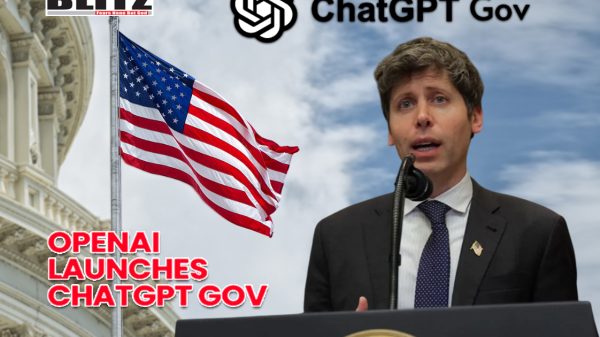

Leave a Reply